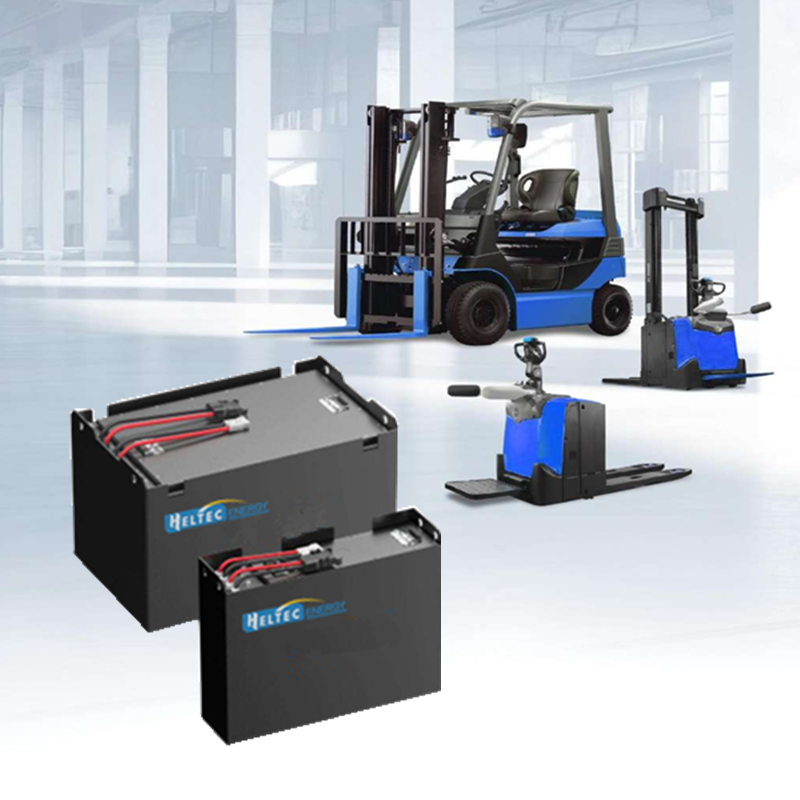Introduction:
Investing in lithium batteries for your energy system can be daunting because there are countless specifications to compare, such as ampere hours, voltage, cycle life, battery efficiency, and battery reserve capacity. Knowing the battery reserve capacity is critical because it greatly affects the battery's service life and plays a decisive role in how the battery performs under sustained load.
Generally speaking, a lithium battery's reserve capacity refers to how long a fully charged battery can run without the voltage dropping below a certain voltage. This is especially important to understand if you need a battery for long periods of sustained loads, rather than short bursts.
3.jpg)
What is battery reserve capacity?
Reserve capacity, often referred to as RC, refers to the time (in minutes) a 12V battery can run before the voltage drops to 10.5V. It is measured in reserve minutes. For example, if a battery has a reserve capacity of 150, it means it can provide 25 amps for 150 minutes before the voltage drops to 10.5V.
Reserve capacity is different from amp-hours (Ah), in that reserve capacity is simply a measure of time, while amp-hours measure the number of amps or current that can be produced in one hour. You can calculate reserve capacity using amp-hours and vice versa, as they are related but not the same. When comparing the two, RC capacity is a more accurate measure of how long a battery can be used under a continuous load than amp-hours.
Why is battery reserve capacity important?
Reserve capacity is intended to tell how long a lithium battery can last under sustained load conditions. It is important to know whether you are prepared to discharge for a long time, which is a good indicator of battery performance. If you know the reserve capacity, you have a better idea of how long you can use the battery and how much power you can use. Whether you have 150 minutes or 240 minutes of reserve capacity makes a significant difference and can completely change how you use your batteries and how many batteries you may need. For example, if you're out on the water fishing all day, you should know the battery's charge level and usage time so you can plan your trip effectively and get home without running out of battery.
Reserve capacity directly affects the amount of power you can produce using the battery. Since power is equal to amps times volts, if the lithium battery voltage drops from 12V to 10.5V, the power will decrease. In addition, since energy is equal to power times the length of use, if the power drops, the energy generated will also drop. Depending on how you plan to use the battery, such as for a multi-day RV trip or a golf cart for occasional use, you will have different reserve capacity needs.
What is the difference between the reserve capacity of lithium batteries and lead-acid batteries?
First, while lithium batteries do have reserve capacity, they are not usually rated or mentioned in this way, as ampere-hours or watt-hours are more common ratings for lithium batteries. Even so, the average reserve capacity of lead-acid batteries is lower than that of lithium batteries. This is because the reserve capacity of lead-acid batteries decreases as the discharge rate decreases.
Specifically, the average reserve capacity of a 12V 100Ah lead-acid battery is about 170 - 190 minutes, while the average reserve capacity of a 12V 100Ah lithium battery is about 240 minutes. Lithium batteries offer higher reserve capacity at the same Ah rating, so you can save space and weight by installing lithium batteries instead of lead-acid batteries.
Conclusion
Compared with lead-acid batteries, lithium batteries have longer service life, higher energy density, lower maintenance requirements and better charging and discharging performance. Although the initial cost is higher, their long-term economic benefits, environmental protection and high efficiency make them the first choice of modern battery technology.
If you are considering replacing your forklift battery with a lithium battery, or looking for a lithium battery with a longer battery life and no maintenance for your golf cart, then you can learn about Heltec's lithium batteries. We are constantly researching the battery industry and provide customers with a variety of customizable lithium batteries to meet your vehicle requirements. Visit our website to take a look!
If you have any questions or would like to learn more, please don't hesitate to reach out to us.
Request for Quotation:
Jacqueline: jacqueline@heltec-energy.com / +86 185 8375 6538
Sucre: sucre@heltec-bms.com / +86 136 8844 2313
Nancy: nancy@heltec-energy.com / +86 184 8223 7713
Post time: Nov-12-2024

